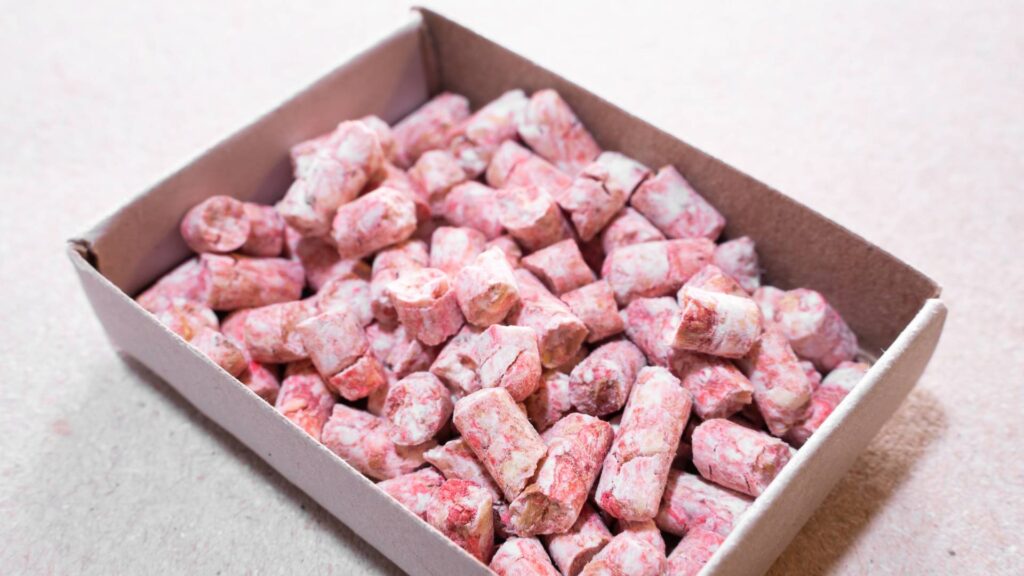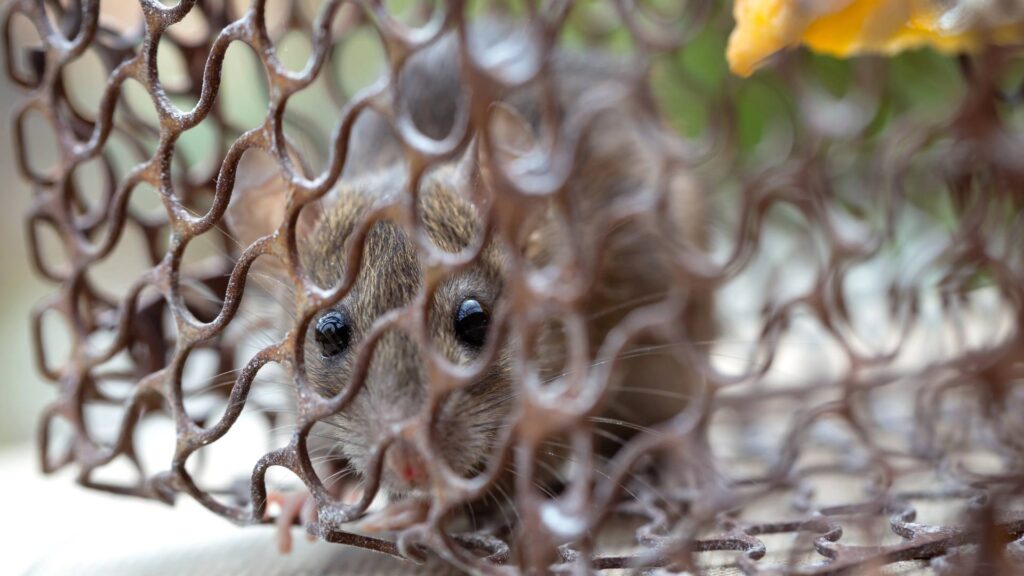Table Of Content
ToggleAs a pest control expert, I’ve seen firsthand the distress and damage a rat infestation can cause in a home. It’s not just about the eerie scuttle in the attic or the unseemly droppings in your pantry; rats pose real health risks and can cause significant property damage.
But, when it comes to banishing these unwelcome guests, not all solutions are created equal. This guide will walk you through the safest and most effective rat poisons for home use, ensuring you’re equipped to tackle the problem head-on, while keeping your loved ones and furry friends safe.
Rat poison, or rodenticide, comes in several forms, each with its own mechanism of action. Here are the most common types you’ll encounter:
When choosing a rat poison for home use, it’s crucial to balance efficacy with safety. Interestingly, one unconventional method that some homeowners find useful is using potato flakes to kill mice. This method involves sprinkling dry potato flakes in areas where mice are known to frequent.
Take Action Against Rodents: Our Team is Ready to Assist!

When facing a rat infestation, choosing the right poison can make all the difference. Not all rat poisons are created equal, and the best option for your home will depend on several factors, including effectiveness, safety for non-target animals, and ease of use.
Choosing the right rat poison is crucial for taking back your home from unwelcome invaders, with effectiveness and safety being key considerations. Assessing the extent of your infestation is vital; understanding how many mice you have in your house can inform your strategy, including which poison to use and where to place it.
Opt for poisons that are designed with environmental safety in mind, such as those that degrade faster or are less likely to accumulate in the food chain. Remember, the goal is to tackle your rat problem without creating new ones for the local wildlife.

In my years of battling rodent infestations, I’ve learned that the key to a successful eradication lies in choosing the right poison, implementing strategic placement, and prioritizing the safety of your household and the environment.
Remember, while the immediate goal is to rid your home of rats, the long-term objective should always be to maintain a safe and healthy living space for your family. With the options and tips outlined above, you’re well-equipped to make an informed decision and take decisive action against your rodent invaders.
To get rid of rats in your house fast, you need a combination of immediate action and preventive measures. This includes setting up traps, using rat poison strategically, sealing entry points, and maintaining cleanliness to deter them from entering. Quick elimination involves both mechanical traps and chemical poisons, alongside removing food sources and nesting areas to discourage new rodents from moving in.
For house rats, anticoagulant rodenticides, such as those containing Bromadiolone or Difethialone, are effective. These poisons are good because they cause internal bleeding, leading to the rat’s death after several days of ingestion, which reduces the rats’ wariness of the bait. Safety should be a priority, ensuring these poisons are placed in areas inaccessible to children and pets.
Achieve a Clean, Safe Home: Call Us for Rodent Removal!
Professionals often use a combination of rodenticides and traps to kill rats, relying on integrated pest management strategies. This approach might include the use of second-generation anticoagulants, which are more effective with a single feeding, and non-anticoagulant poisons like Bromethalin for quick results. They also employ exclusion techniques to prevent rats from entering the premises again, ensuring a long-term solution.
Your trusted pest control experts in Southern California. Keeping your neighborhood pest-free!